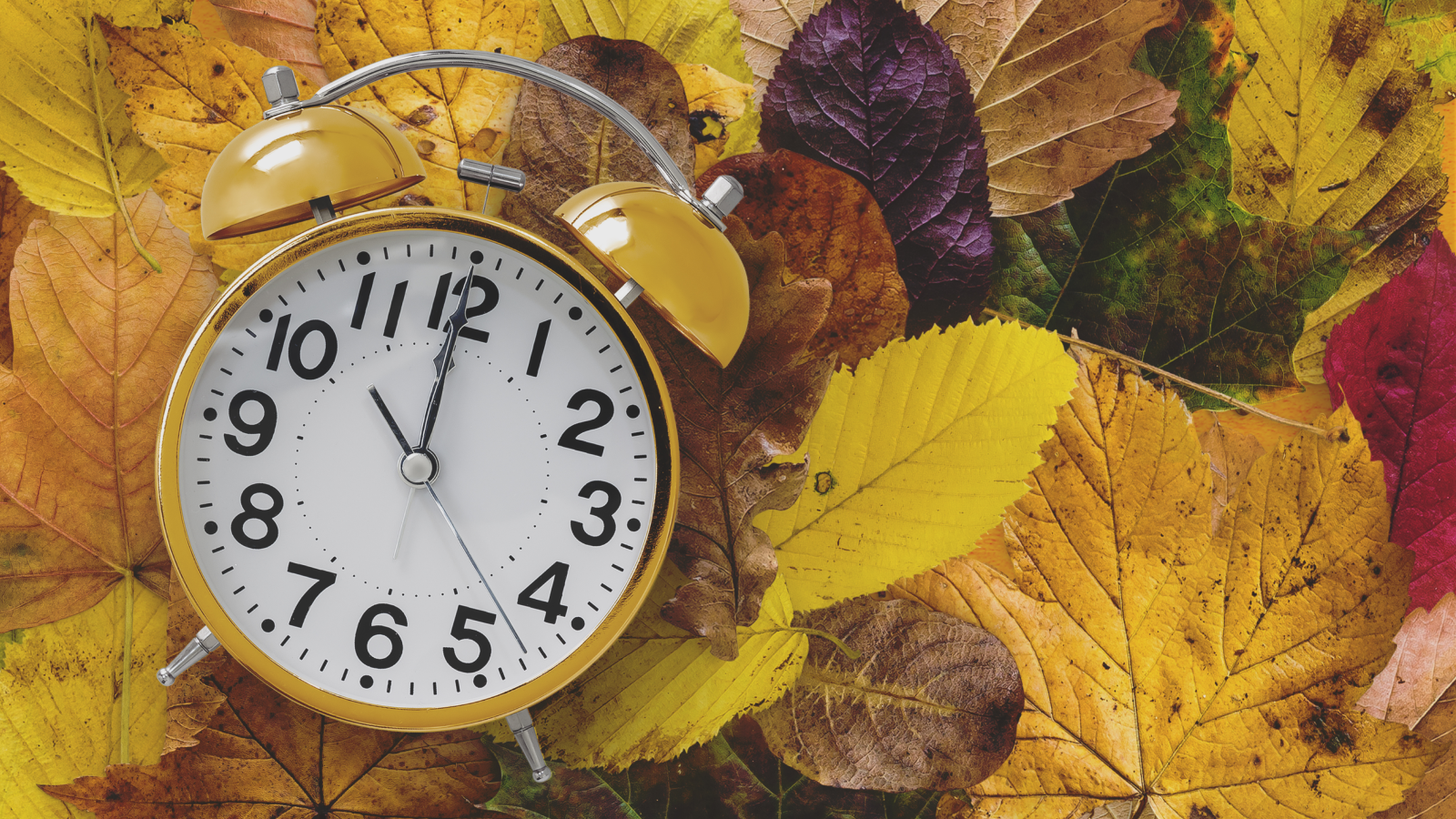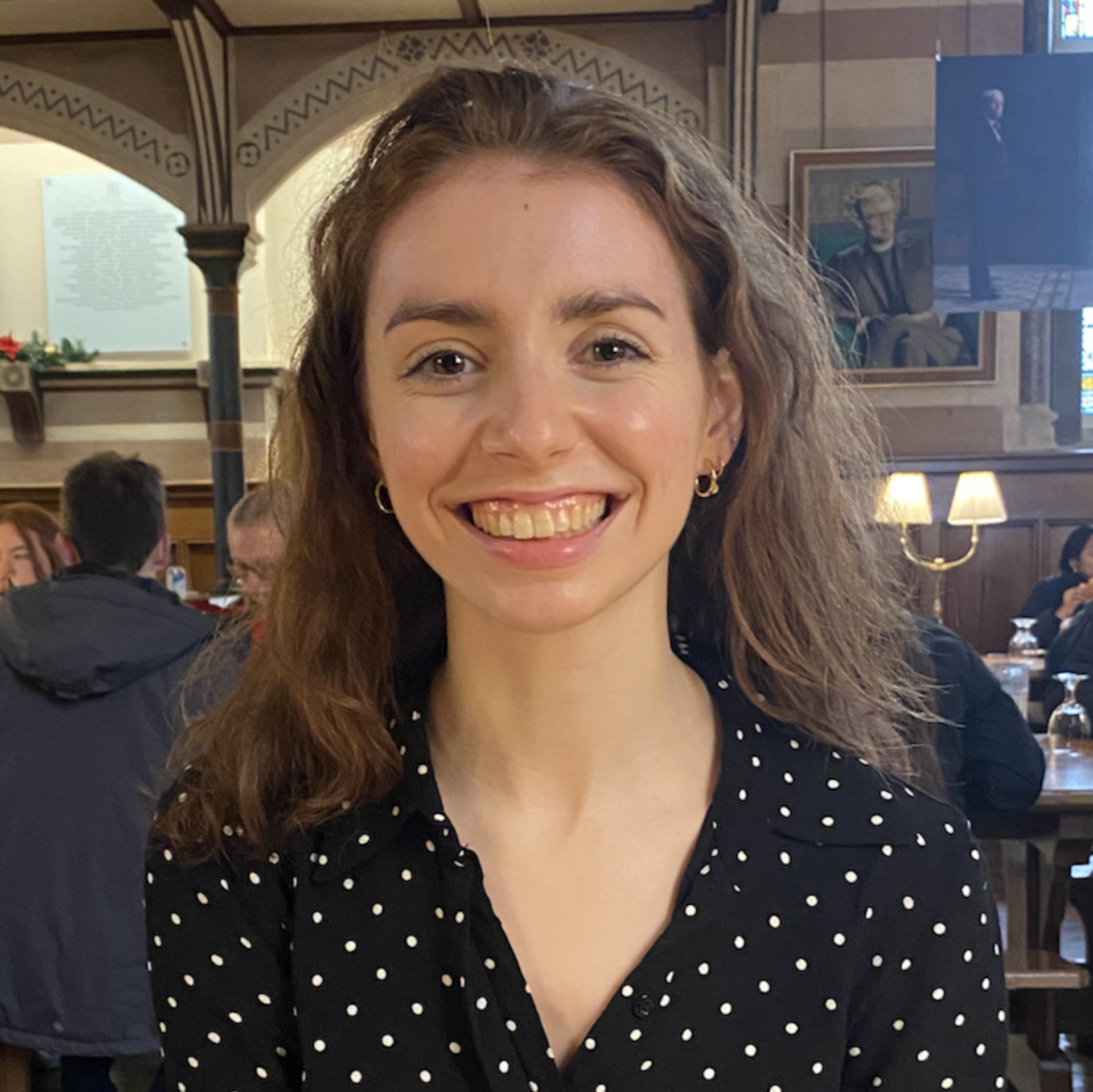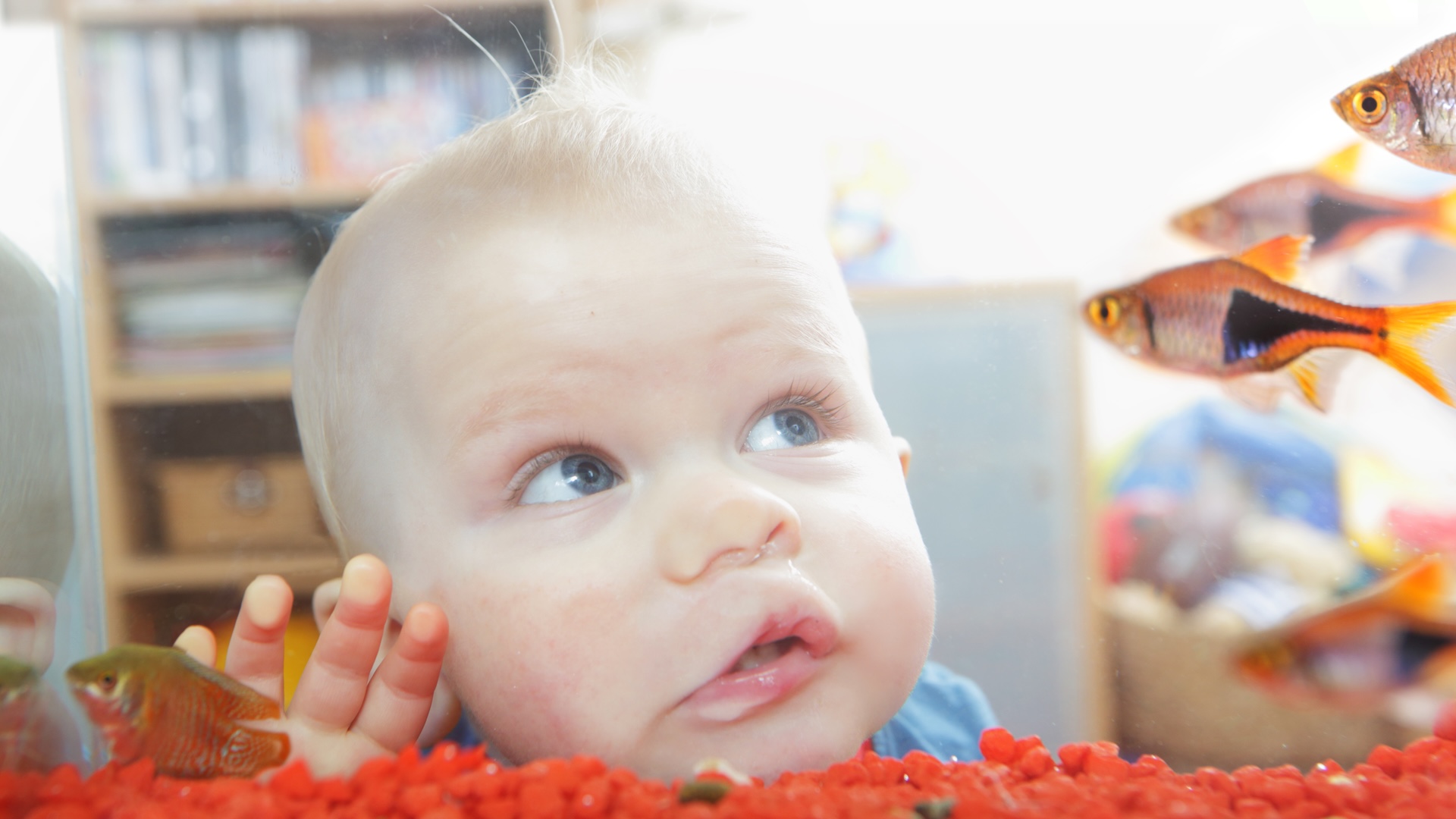Would you get rid of daylight saving time?
The clocks in the U.S. will be "falling back" on Sunday, Nov. 2, marking the end of daylight saving time for 2025. If you could decide, would you abandon it forever?

Many countries observe daylight saving time (DST), in which clocks get pushed ahead one hour in March to gain more hours of daylight in the spring and summer. In the U.S., all but two states, Hawaii and Arizona (except for Navajo Nation) observe DST and thus are preparing to make the switch back to standard time on Sunday Nov. 2.
Not everyone is happy with this routine change, however, with recent surveys showing that 54% of Americans and 42% of Britons want to scrap DST altogether.
The American Academy of Sleep Medicine (AASM) favors permanent standard time because it is better aligned with our circadian rhythm, the body's internal clock. Because light exposure regulates the circadian rhythm, a mismatch between our body clock and the environment can lead to problems such as reduced sleep, higher heart rate and blood pressure, and impaired immune function, AASM representatives wrote in a position statement.
Last month, we reported on a study predicting that abandoning DST and permanently staying on standard time could prevent over 2 million obesity cases and around 300,000 strokes a year in the U.S. by better aligning our circadian rhythm with the environment.
Yet others suggest there are benefits to keeping DST. Recent research, which has yet to be peer-reviewed, reviewed 157 studies from 36 countries on the links between DST and health outcomes and found evidence for fewer deaths and traffic accidents in the summer.
So, if it were up to you, would you abandon daylight saving time? Take our poll, and let us know what you think of each time policy in the comments below. If you choose "I'm undecided," what would persuade you either way?
Related stories

Sophie is a U.K.-based staff writer at Live Science. She covers a wide range of topics, having previously reported on research spanning from bonobo communication to the first water in the universe. Her work has also appeared in outlets including New Scientist, The Observer and BBC Wildlife, and she was shortlisted for the Association of British Science Writers' 2025 "Newcomer of the Year" award for her freelance work at New Scientist. Before becoming a science journalist, she completed a doctorate in evolutionary anthropology from the University of Oxford, where she spent four years looking at why some chimps are better at using tools than others.
You must confirm your public display name before commenting
Please logout and then login again, you will then be prompted to enter your display name.
